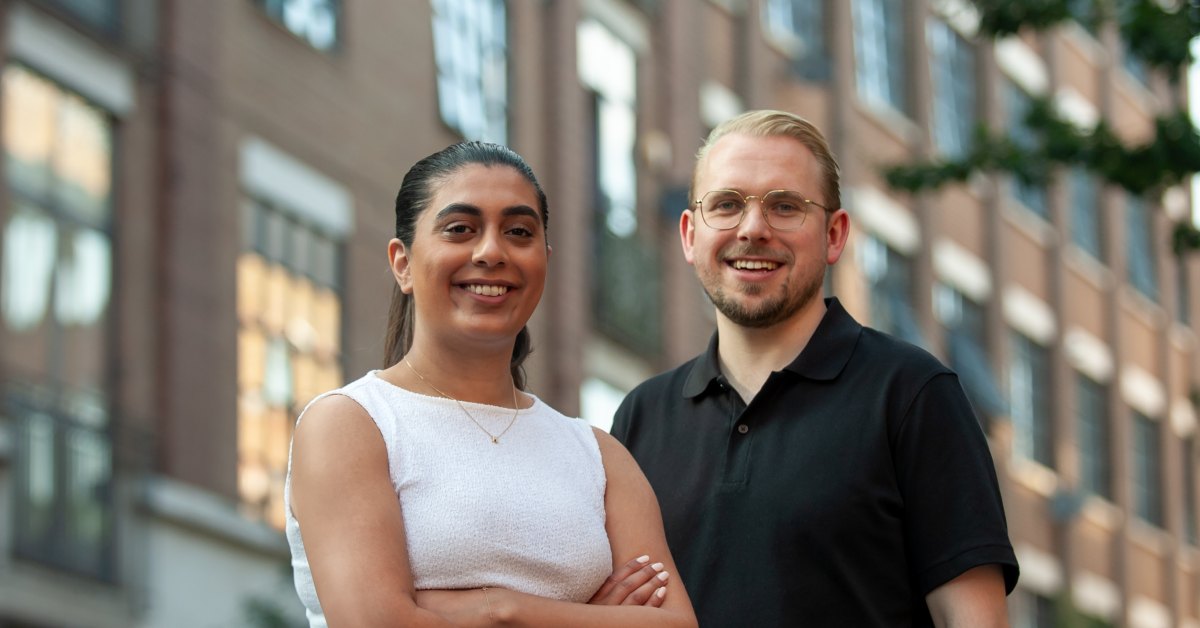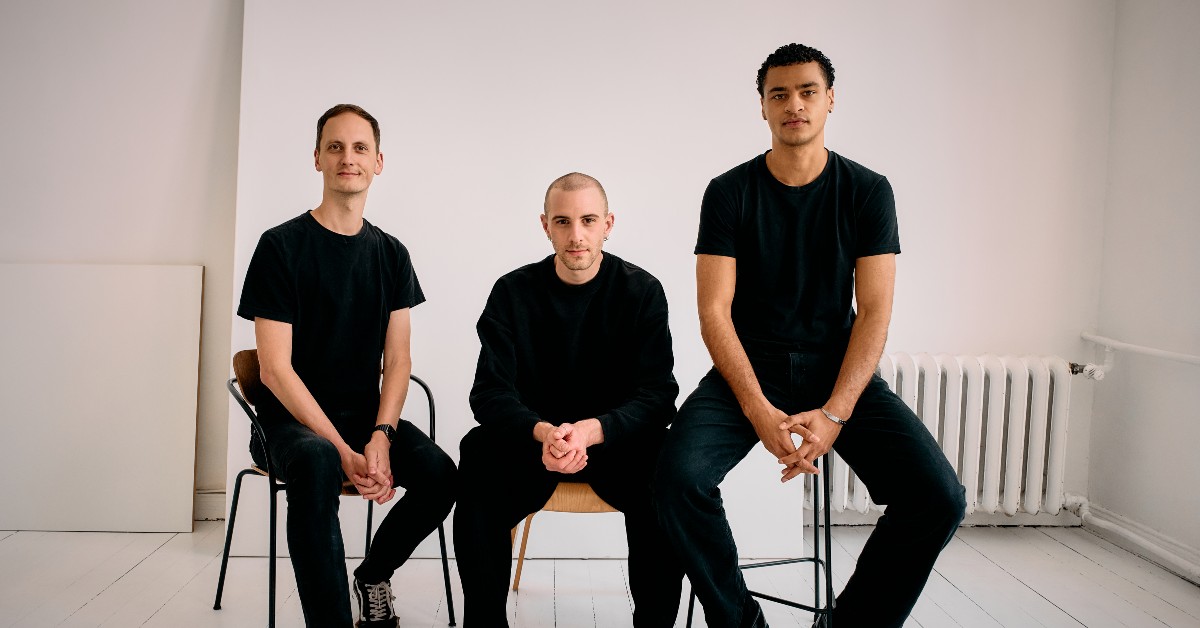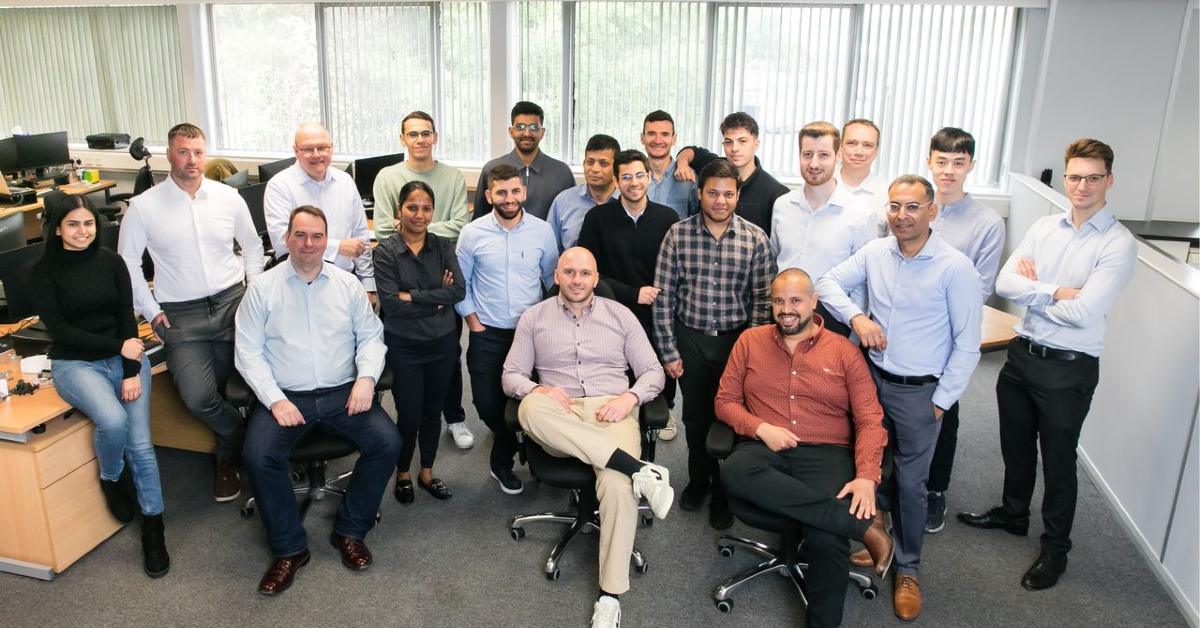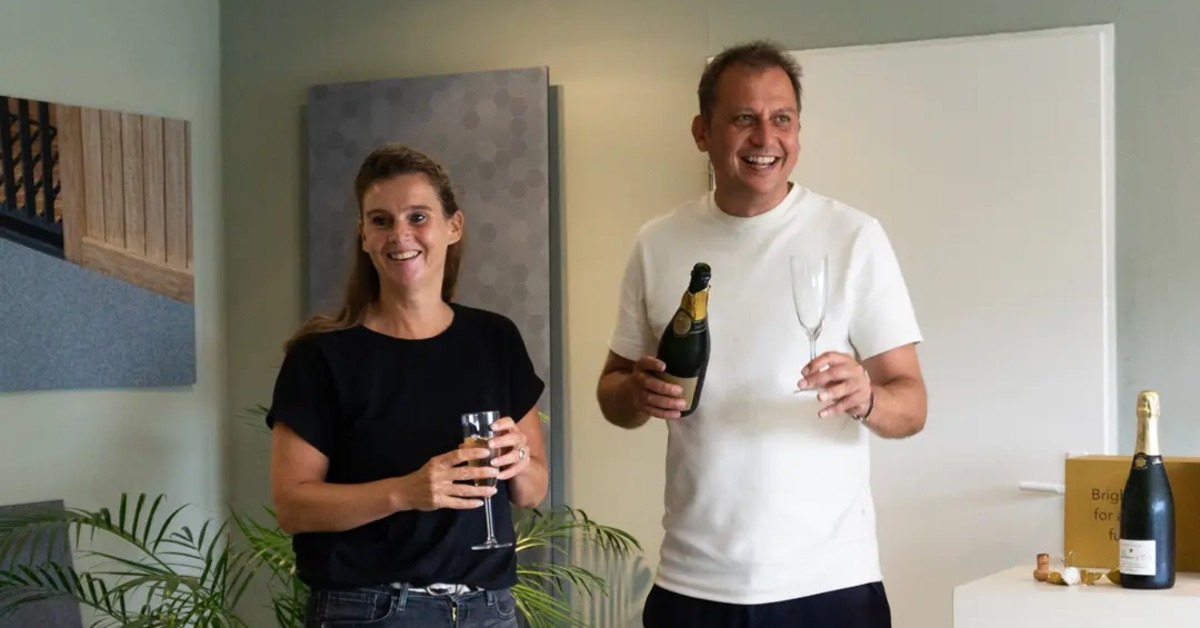The rise of new space companies in the last few years has impressed current and veteran observer alike. One such company that’s making some noise in the private sector space race is the Amsterdam-based space startup, Hiber.
Formerly called as Magnitude Space, this company was founded in 2016 by some of the biggest, most experienced hitters in satellite tech — Coen Janssen, Erik Wienk, Erik Wienk, Ernst Peter Hovinga, Ernst Peter Hovinga, Laurens Groenendijk, Maarten Engelen.
Innovation credit: €1.8 million euros
In a recent announcement, Hiber has secured an innovation credit of €1.8 million of the Netherlands Enterprise Agency (RVO). The company will be managing this fund to launch two IoT satellites after the summer of 2018 as part of plans to develop a Low Power Global Area Network (LPGAN).
Delivers global connectivity at affordable cost!
Named as Hiberband, it delivers global connectivity for sensor and Internet of Things (IoT) related devices at affordable cost. While the exact launch date is yet to be announced, the first satellite will be launched around August 2018 through the Indian PLSV launcher.
Furthermore, the second satellite will be launched in space around September or October 2018 through American SpaceX. The Hiber’s satellites will be in Low Earth Orbit (LEO) at approximately 600 km, in a polar sun-synchronous orbit. But, over the coming 5 years, the constellation will be grown to a total number of 48 satellites.
Size of a shoebox!
By the way, it’s worth mentioning the satellite will be in the size of a shoebox and it must be providing a globally opaque LPGAN network. Once it’s launched into space, it will be tested by the customers across the globe for tracking cattle, monitoring crops and combating climate change.
Powered by regular battery
Moreover, the hardware used to communicating with the satellite, and its network is measured five by two centimeters, where it has a modem, an antenna and it is powered by a regular battery that can last over a period of five years based on the application.
Having said that, the equipment will send data messages, where the total message size is 1400 bits. Each and every message contains a header of 250 bits including unique modem ID, GPS based location and time stamp. That leaves 1152 bits (144 bytes) for sensor data to be included in the message.
Steven Rutgers as VP Business Development
Alongside RVO investment, Hiber also announced Steven Rutgers as VP Business Development. Rutgers has vast experience in the field of marketing and sale. He previously worked with Inmarsat for more than 16 years, where he worked for the development of IoT in sectors like agriculture, fisheries, oil, and gas.
For more updates, stay tuned to Silicon Canals.










01
From telecom veteran to Dutch Startup Visa success: The Jignesh Dave story